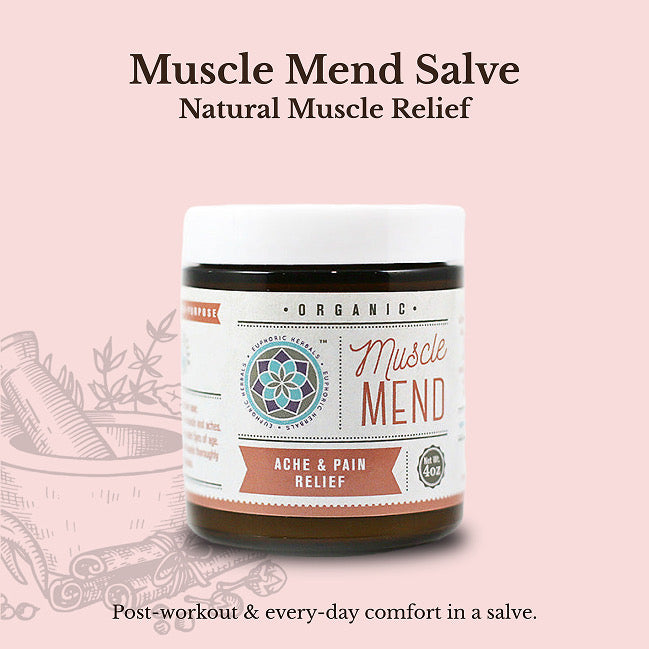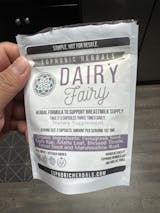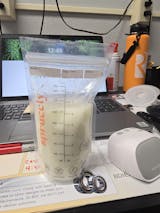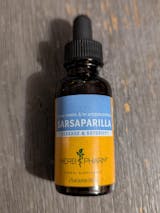Natural induction — Get the party started!
As you near the end of your pregnancy, you may wonder when you will finally get to meet your baby. The reality is, it is the baby who starts labor through a process that researchers are still working on fully understanding. The babies seem to want to keep that special date a secret. We are left to wonder when labor will start. Many people get impatient at the end and want to do everything possible to get things going through many different “natural” induction techniques. There are no tried and true methods of labor induction that a person can do at home, but there are a few things that have been shown to tip the scales in the favor of labor that are backed up by research.
Acupuncture
Seeing a skilled acupuncturist during the last weeks of pregnancy can help get your body ready and receptive for birth. One acupuncture session is not going to tip you into labor, but several sessions with a licensed acupuncturist who specializes in labor prep can certainly set you up for success. As an extra bonus, many pregnant people find the sessions soothing and deeply relaxing.
Eating dates
There was a small but positive study that showed that eating six dates (the fruit) a day starting at 36 weeks helped pregnant people to go into labor closer to their due date rather than later. Additionally, when they did start labor, their cervix was more ripe and ready to open. Dates have a lot of sugar, so consider eating them with some protein at the same time.
Nipple stimulation
Nipple stimulation, manually or with a breast pump, can cause a contraction pattern to start. The breast stimulation causes your body to release oxytocin, which is the hormone that makes the uterus contract. There is a specific protocol of pump/rest that has been shown to have positive results, but the contractions may go away if the pumping cycle is not sustained.
Movement
The baby is not a passive passenger but an active participant in the labor process. Sometimes, the little one just needs to find that sweet position in your pelvis and labor will start. Giving the baby lots of opportunity to settle in “just right” can help get labor going. Asymmetrical movement is especially helpful. Lunges, curb-walking, going up stairs sideways and other such movements create new space that the baby can wiggle into which will hopefully lead to contractions. Make sure you are walking, gentle exercising and offering lots of opportunities for baby to move down into the best position for labor to start as you near the end of pregnancy.
Castor oil
Castor oil has long been thought to help get labor started, primarily when digested with a special recipe of apricot nectar, almond butter and lemon verbena all blended up. Every healthcare provider who recommends this method seems to have their own “special” recipe they prefer. The castor oil stimulates the bowels and causes the release of the hormone prostaglandins. Castor oil is a powerful laxative and consuming it often causes some pretty significant diarrhea for about 12 hours. Taking castor oil can also create a situation where the pregnant person becomes dehydrated, making the uterus more likely to contract as a result. Sometimes this does kick labor into gear, and sometimes, when the concoction has passed through the body, the contractions stop. Other providers prefer that the pregnant person rub the oil on their belly and abdomen, so the castor oil can be absorbed through the skin. This is thought to decrease the significant diarrhea that often comes with the oral doses.
Evening Primrose Oil
This is another product that is often recommended for helping a pregnant person have a riper cervix more conducive for a productive labor, when labor starts or avoiding an induction for post-dates. Pregnant people take evening primrose oil orally or insert capsules vaginally or both. It is thought to break down collagen fibers and ripen the cervix in the process. There is not a lot of research on this method, and people who have had a cesarean need to be extra cautious out of concern that the product may weaken the scar.
An important consideration
We know that both labor and baby do best when baby starts labor, so in general, while natural induction methods are generally gentle, remember, any induction is still an induction! Due dates are simply a guess, and there are many things to consider, including ovulation and conception dates, family history of carrying babies before birth and many other things. While the exact process of going into labor is still not fully understood, it is known that the baby starts labor when its lungs are mature. At that point, the baby produces a protein that seems to irritate amniotic membranes and the uterus, causing labor to start. We now know that as long as baby and parent are healthy, every day can prepare a baby for life on the outside, with stronger lungs, a mature suck, swallow, breath reflex and additional immunities received from the parent. It is also better able to maintain its body temperature. The last days of pregnancy are difficult and challenging, both emotionally and physically. Pregnant people who want to induce without a valid medical reason should consider the benefits and risks of such actions. Always consult with your doctor or midwife before trying any natural induction method listed here or elsewhere, to be sure it is safe and appropriate for you and your baby’s individual situation.
Disclaimer: This post is for informational purposes only. It does not constitute medical advice and should not be substituted for medical advice. Please consult your health care provider, herbalist, midwife, or naturopathic physician before taking herbs, supplements, etc. Here's the link to our full disclaimer.





























































































































































































